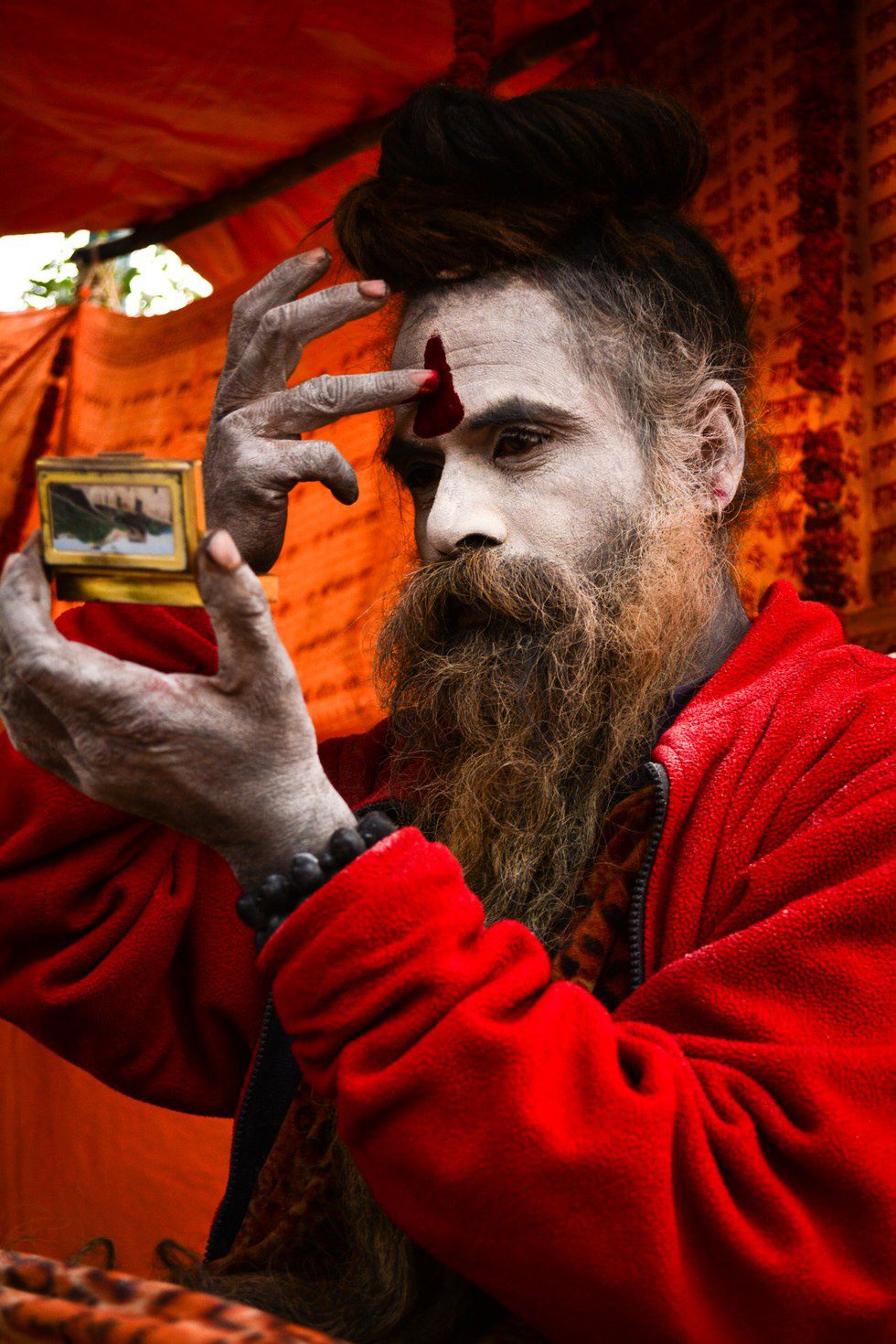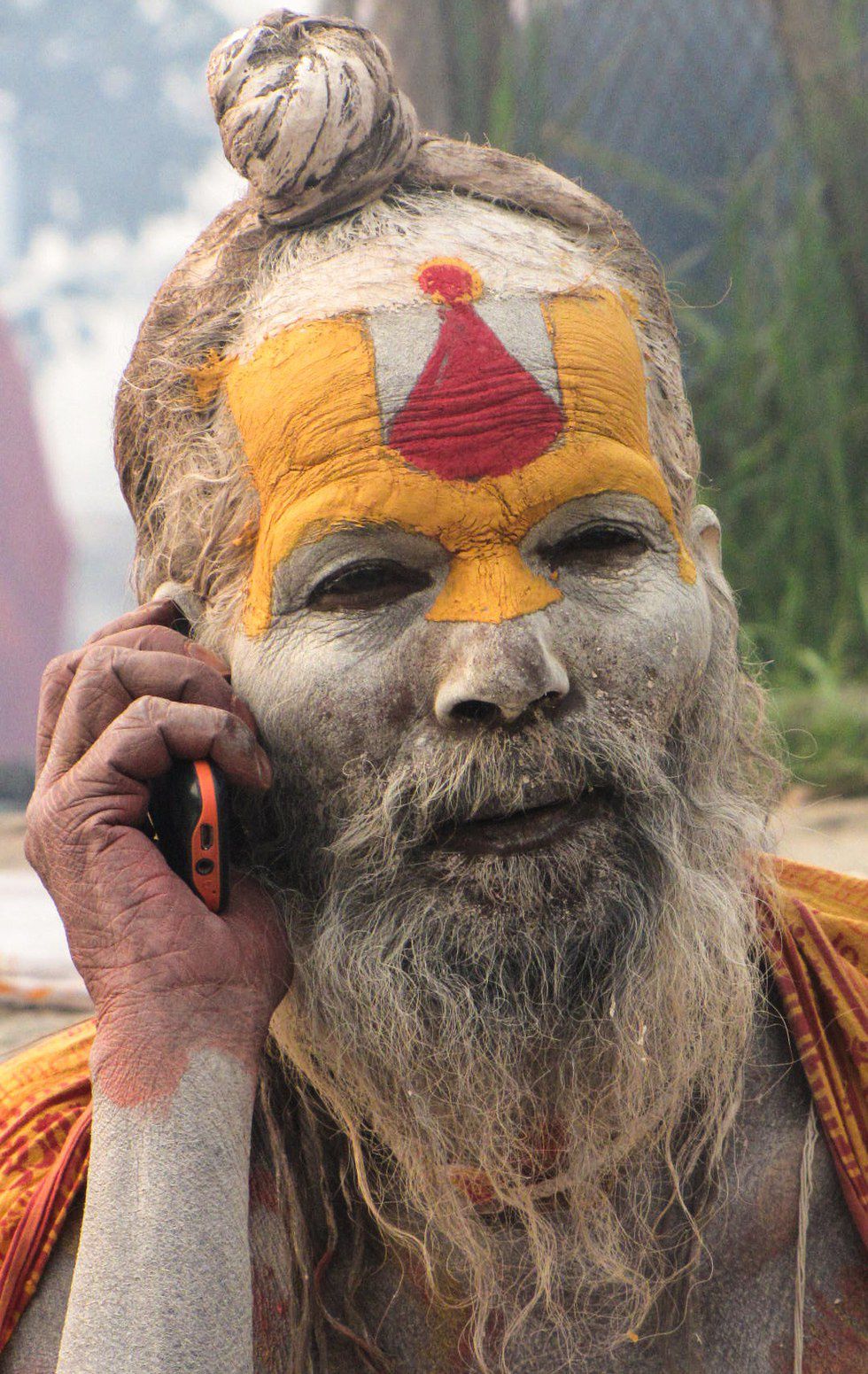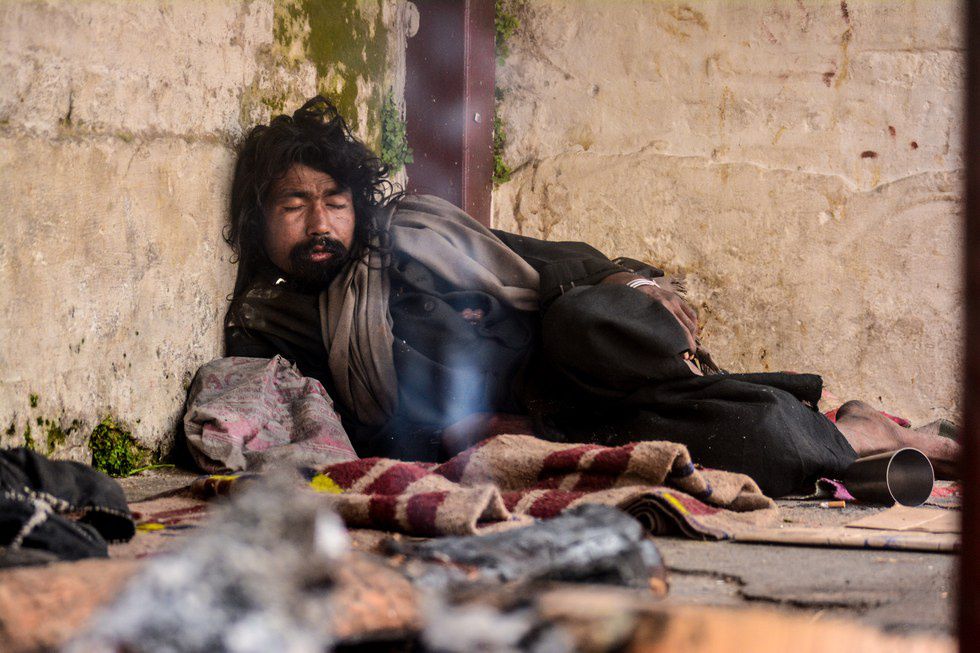Just like a Muslim waliy,or the Zoroastrian fravashi, the Buddhist arahant or bodhisattva, the Daoist shengren, the Shinto kami and others; Babas/gurus in Hinduism have all been referred to as saints." Hinduism has had its sacred allegories and myths dating back to a few millennia. These include pretty interesting stories and poetry about saints, emphasizing on their vital role on the holiness of the religion itself. Though there is no formal canonization process in Hinduism, many men and women ,overtime, have reached the status of saints among their followers and among Hindus in general. Hindu saints have often renounced the world, and are variously called Gurus, Rishis, Swamis, Babas and other names.
With Hinduism being dominant in the southern nations of Asia, one can easily get surprised by the lifestyle, devotion, and faith of these Gurus. Forfeiting their entire wealth, family and social life for the sake of their belief, many saints live their life off in temples salvaging whatever "holy" resources they can find around and surviving on food and money indulged by the devotees. Some Hindu saints are given god-like status, being seen as incarnations of Lord Vishnu, Shiva, and other aspects of God, which Hinduism has many. This may be announced many years after their deaths. This explains another common name for Hindu saints: "Men of god".
Saints typically play various ritualistic and social roles in the temple they dedicate to. They inaugurate and conduct numerous rituals, bless the devotees and even encourage religious rites in and around the typical Pagoda style temples with beautiful carved pillars depicting 'Karmasutra' - the ultimate love-making, and the sacred areas. Just like 'Prophets', they play the role of 'God's messenger' and convey words of wisdom, thanksgiving, petition, or grace both ways. Moreover, they are respected and treated as the ultimate representative of God.
Pashupatinath temple situated at the heart of Kathmandu city, Nepal, renowned as the holiest of the holy Hindu sites, is the home for hundreds of Babas. Babas have the free right to live the life they desire, but bound my their religious devotion. They are even legitimately allowed to use illicit drugs such as Marijuana(Hasish) and Cocaine(Chares). The night of 'Shivaratri' - ultimate night of Lord Shiva - could be an optimum opportunity for outsiders to witness hundreds and thousands of babas performing different rituals and bhajans (musical ceremonials) and doing their best at posing for a camera. This is the only day when even outsiders are allowed to use Hashish.
Saints play vital roles in their religious and ritualistic duties and also contribute in the continuation of various complex concepts, myths and rituals of Hinduism. It is always interesting to interrogate one when somebody does get the opportunity to step on the sacred grounds of magnificent Hindu temples.

























